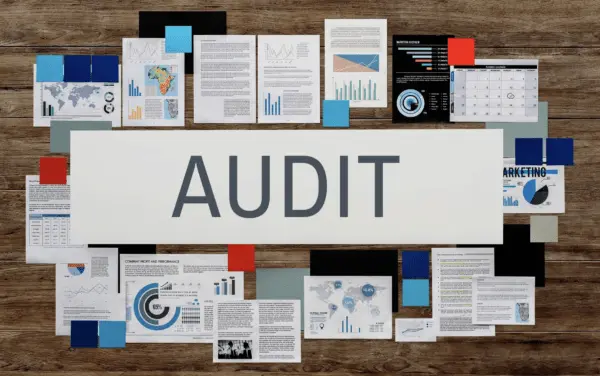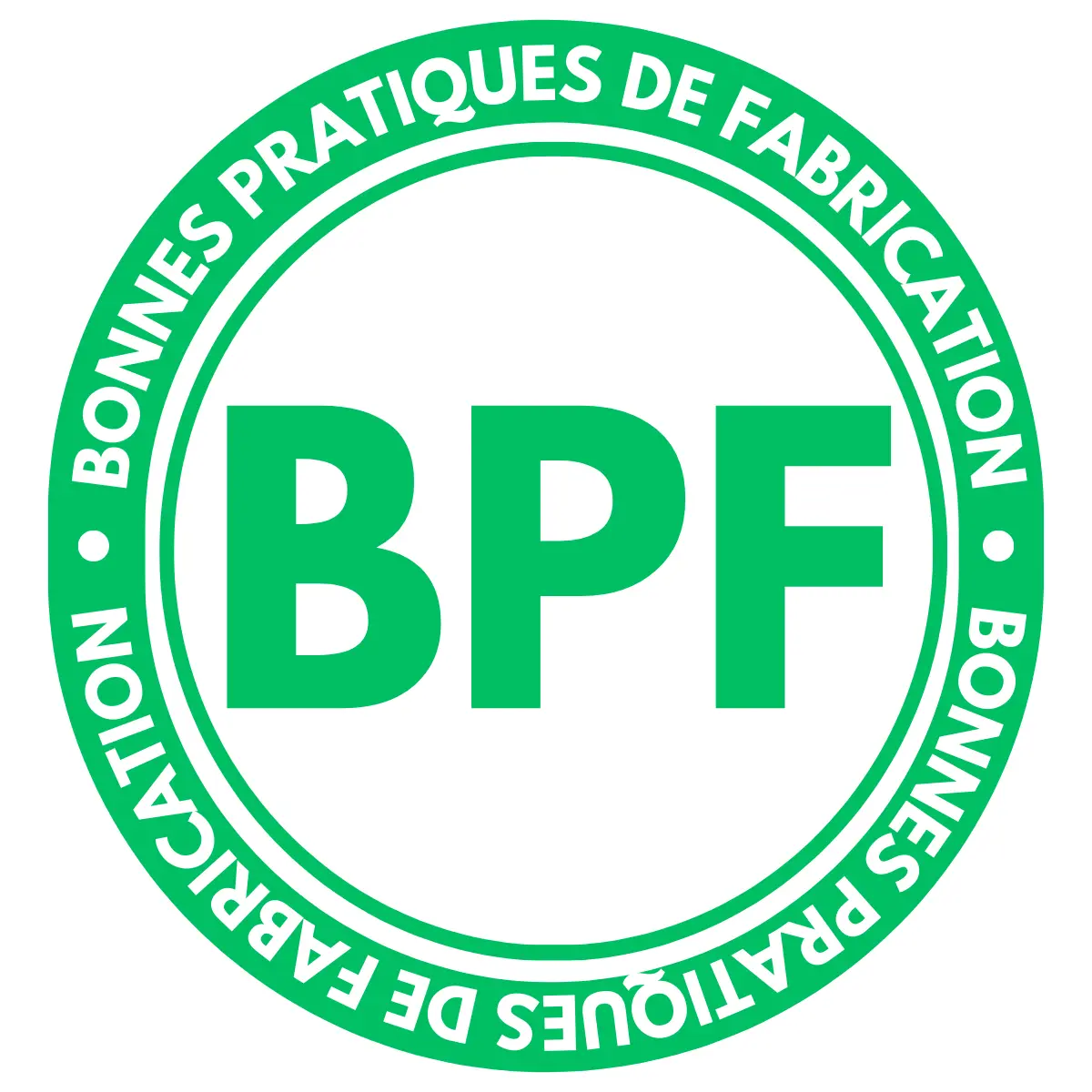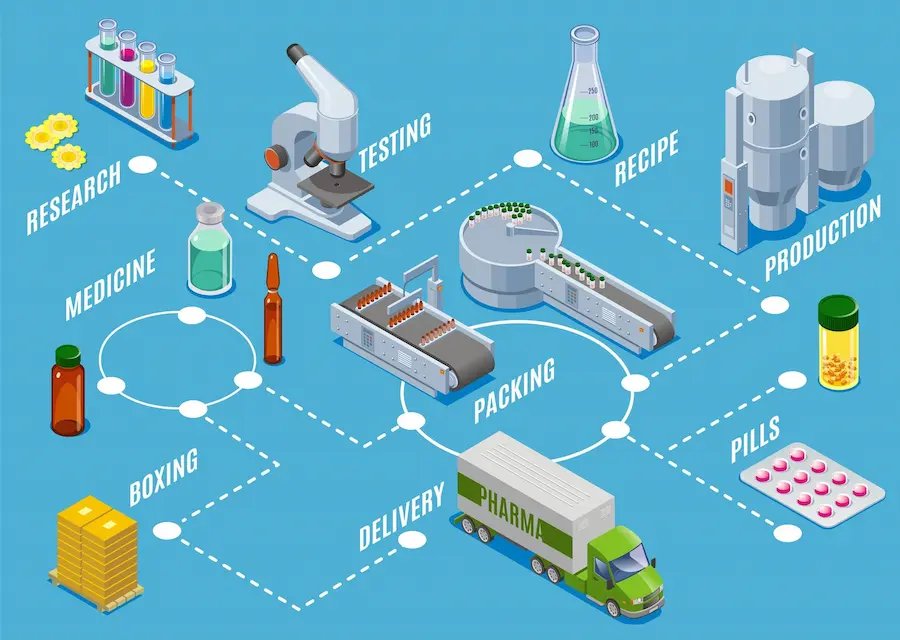INTERNAL AUDIT IN THE PHARMACEUTICAL INDUSTRY
The pharmaceutical industry is faced with numerous risks related to non-compliance, product quality and inefficient process management. The consequences of these risks represent a real sword of Damocles for the managers of pharmaceutical manufacturing units. The constraints represented by the precautions to be taken to guard against them are omnipresent. As legislation evolves, manufacturers in the sector are under constant pressure to guarantee the safety and efficacy of their goods whilecomplying with the strict standards imposed by the regulatory authorities. Internal audit is a reliable tool in the fight against these risks. It enables a thorough assessment of processes, control systems and operational practices within pharmaceutical companies to avoid the damaging consequences of regulatory non-compliance, such as fines, product recalls or loss of reputation.
ASSESSMENT POINTS TAKEN INTO ACCOUNT
By identifying gaps and areas of non-compliance, the audit provides a valuable opportunity to initiate proactive corrective action. With this in mind, several aspects are closely examined:
- Production operations, including the weighing, manufacturing and packaging stages, are scrutinised to ensure their reliability.
- Stock management and distribution are assessed to maintain the integrity of products throughout their journey.
- Quality control, including physico-chemical and microbiological analyses, is scrutinised to ensure compliance with established standards.
- Technical aspects such as maintenance, purified water production systems and other utilities are also examined to ensure that they are working properly.
PHARMACEUTICAL SECTOR AUDIT: SPECIFIC CONTROL POINTS
In order to cover the specific aspects of the pharmaceutical quality system, the audits also cover :
- Pharmaceutical documentation (batch records, procedures, operating methods).
- Management of deviations and CAPA.
- The change management system (Change Control).
- Supplier quality system (approval, certification).
- Data integrity.
- Staff training.
- Maintenance (preventive, calibration and calibration).

BENEFITS OF INTERNAL AUDIT
Regulatory Compliance
The internal audit ensures that the company’s activities comply with current standards and regulations, thereby reducing the risk of non-compliance. It also avoids the risk of receiving an ANSM injunction.
Continuous improvement
By identifying shortcomings and proposing recommendations, internal audit helps to improve internal processes and enhance operational efficiency.
Risk Management
By assessing potential risks and implementing preventive measures, internal audit helps to anticipate and manage the risks associated with pharmaceutical activities.
By integrating an internal audit programme, you can ensure quality, compliance and overall performance throughout the organisation. By implementing regular controls, you can identify opportunities for improvement, build stakeholder confidence and ensure the sustainability of your business in a highly regulated environment. Investing in dedicated internal control resources, training your staff in best practice and implementing a continuous improvement process will position you as a reliable player in the pharmaceutical sector.







